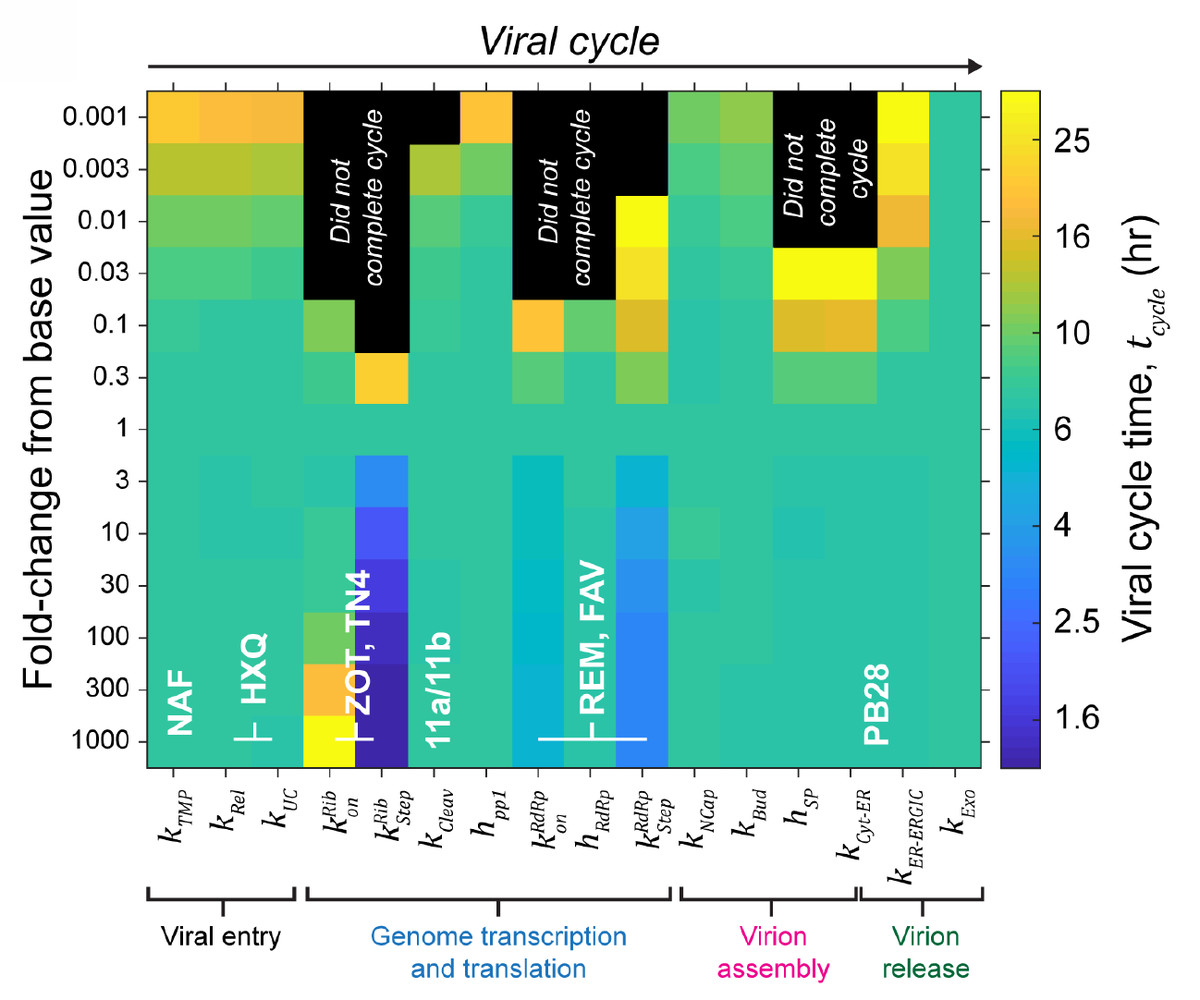August 18, 2022 — To help figure out which COVID-19 treatments might work best, a University of Minnesota clinical trial deployed a unique tool: a computer simulator.
The biophysics-based model simulated the disease on a molecular and cellular level so the trial team could screen potential treatments computationally long before they were given to participants.
The simulator informed the design of the clinical trial, the results of which were published in the New England Journal of Medicine yesterday. This trial, which was led by Carolyn Bramante, MD, MPH, an Assistant Professor at the University’s Medical School examined the efficacy of metformin, fluvoxamine and ivermectin to fight COVID-19.
“The trial is a good example of how engineering tools can be used to predict clinical outcomes,” says David Odde, a co-investigator of the trial and co-director of the Cancer Bioengineering Initiative who led the team that developed the simulator. “By steering research efforts toward more effective interventions and away from less effective ones, the COVID-19 simulator focused clinical trial efforts and ultimately helped add to the body of knowledge around disease treatments.”
